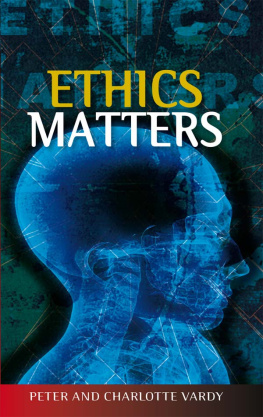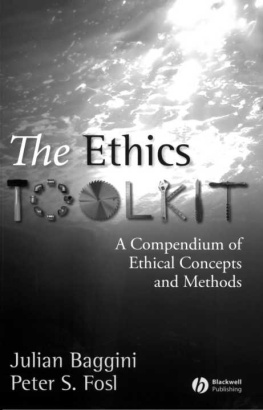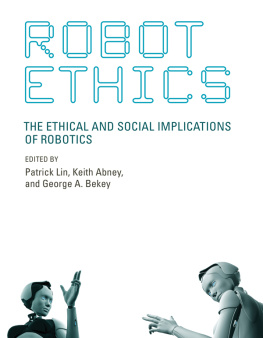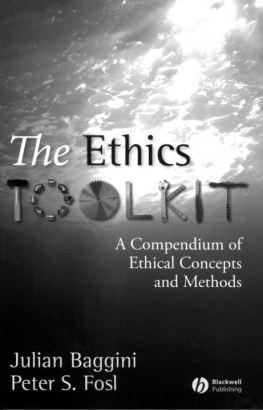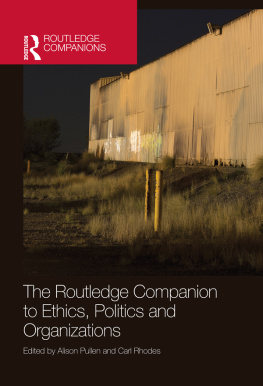| In searching, then, for the special force possessed by 'the imperious word ought' (p. 92), he pointed to the clash between these social affections and the strong but temporary motives which often oppose them. Intelligent beings would, he concluded, naturally try to produce rules which would protect the priority of the first group. He therefore thought it exceedingly likely that 'any animal whatever, endowed with well-marked social instincts, would inevitably acquire a moral sense or conscience, as soon as its intellectual powers had become as well-developed, or anything like as well-developed, as in man' (p. 72). Thus 'the social instincts the prime principle of man's moral constitution with the aid of active intellectual powers and the effects of habit, naturally lead to the Golden Rule, ''As ye would that men should do unto you, do ye to them likewise" and this lies at the foundation of morality' (p. 106). |
viii
The Problem of Partiality |
| How convincing is this? Of course we cannot test Darwin's generalization empirically; we have not communicated well enough with any non-human species that we recognize as sufficiently intelligent. (It might be immensely helpful, for instance, if we could hear something from the whales...) We must simply compare the cases. How suitable do these traits in other social creatures seem to be to furnish material that could develop into something like human morality? |
| Some objectors rule them out of court entirely because they occur fitfully, and their incidence is strongly biased in favour of close kin. But this same fitfulness and this same bias towards kin prevail to some extent often very powerfully in all human morality. They are strong among the small hunter-gatherer societies that seem closest to the original human condition. People growing up in such circumstances are of course in general surrounded just as young wolves or chimpanzees are by those who actually are their kin, so that the normal attitude they acquire to those around them is, in varying degrees, one which makes wider concern and sympathy possible. |
| But it is important to notice that this bias does not vanish, it does not even become noticeably weaker, with the development of civilization. It is still fully active in our own culture. If any modern parents were to give no more care and affection to their own children than they did to all others, they would be perceived as monsters. We quite naturally spend our resources freely on meeting even the minor needs of our close families and friends before considering even the grave needs of outsiders. It strikes us as normal for human parents to spend more on toys for their children than they spend in a year on aid to the destitute. Human society does indeed make some provision for outsiders, but in doing so it starts from the same strong bias towards kin which shapes animal societies. |
| This same consideration applies to another, parallel objection often brought against treating animal sociability as a possible source of morality, namely the bias towards reciprocity. It is true that, if we were dealing with calculating egoists, the mere returning of benefits to those who had formerly given them might be nothing but a prudent bargain. But again, in all existing human moralities this |
|








